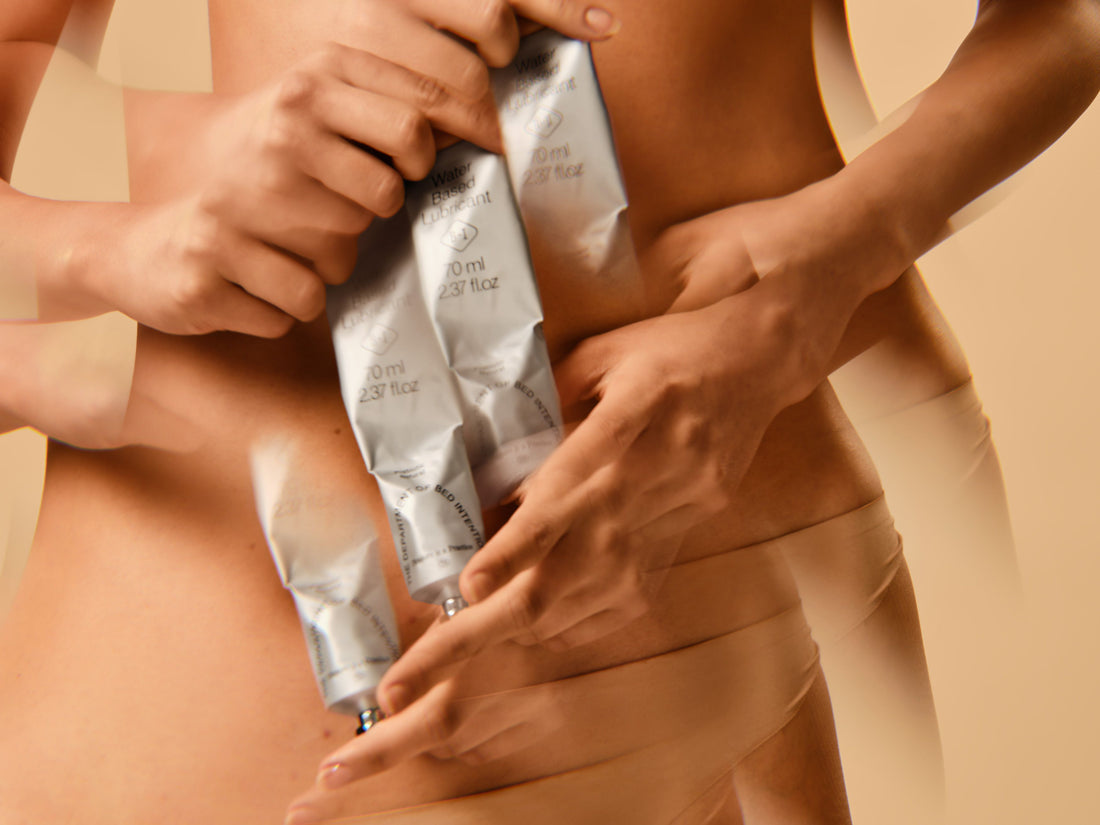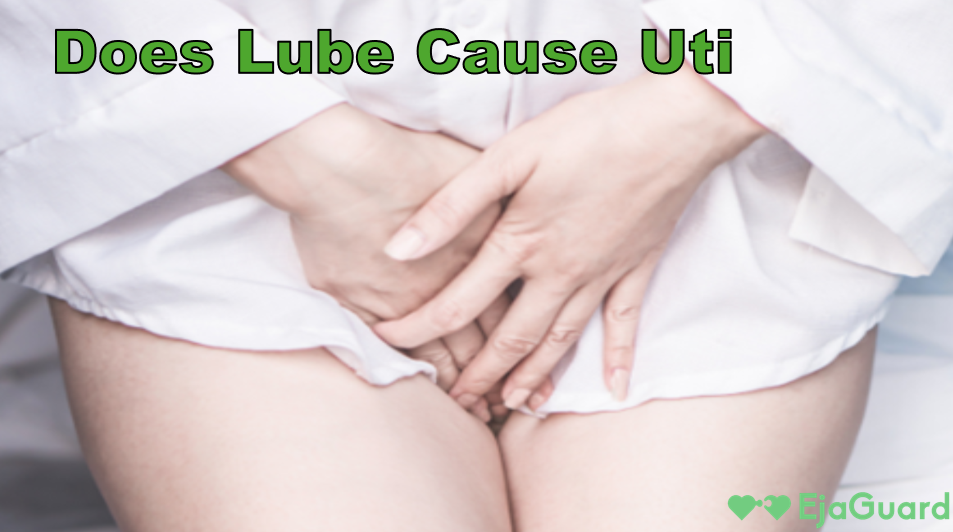Does Lube Cause UTI? Everything You Need to Know

Using lube can improve comfort and pleasure, but many wonder: does lube cause UTI? While lube itself does not directly cause urinary tract infections, certain ingredients and improper hygiene during intimacy can increase your risk.
This article covers what UTIs are, how lube can affect urinary health, the types of lube to choose, and practical prevention steps to help you enjoy intimacy confidently while protecting your health.
What is a UTI?

A urinary tract infection (UTI) is an infection in your urinary system, often caused by bacteria entering the urethra. Common symptoms include burning when urinating, frequent urges to urinate, pelvic discomfort, and cloudy or strong-smelling urine.
Can Lube Cause UTI?
Wondering if lube causes UTIs? Some lubes contain glycerin, sugars, or harsh chemicals that may disrupt vaginal pH or cause irritation, creating an environment for bacteria to thrive. Using lube with unclean hands or toys can also introduce bacteria, increasing UTI risk.
Types of Lube and Their Impact on UTIs

-
Water-based lubes: Safe for most, but may dry quickly, leading to friction and microtears.
-
Silicone-based lubes: Long-lasting, reducing friction and microtears.
-
Oil-based lubes: Can disrupt vaginal pH and are hard to clean, increasing infection risk.
-
Natural lubes: Coconut oil and aloe may help but should be used cautiously.
If you’re considering adding a lube to your routine, explore our pH-balanced, glycerin-free lubricants that help reduce irritation while maintaining pleasure.
Best Lube to Prevent UTI
Choose pH-balanced, glycerin-free, and paraben-free lubes to support urinary and vaginal health. Brands like EjaGuard offer natural, safe lubricants that reduce the risk of irritation while maintaining pleasure.
How to Prevent UTIs When Using Lube

-
Pee before and after sex.
-
Wash hands and genitals before intimacy.
-
Clean toys thoroughly before and after use.
-
Avoid flavored and scented lubes.
-
Choose pH-balanced, glycerin-free lubes.
Additionally, using clean, body-safe sex toys with proper lube can further minimize microtears and friction, reducing your risk of UTIs.
When to See a Doctor
Seek medical attention if you have severe lower abdominal pain, fever, chills, or blood in your urine, as these may indicate a serious infection.
FAQs
Does using lube cause UTI every time?
No, but certain ingredients and poor hygiene can increase risk.
What ingredients in lube can cause UTIs?
Glycerin, sugars, and harsh chemicals can contribute to infections.
How to choose lube to prevent UTIs?
Use pH-balanced, glycerin-free, and paraben-free lubes.
Can lube cause yeast infections too?
Yes, some lubes can disrupt vaginal flora, increasing yeast infection risk.
Can lube help prevent UTIs?
Yes, when it reduces friction and microtears during sex, while being safe for vaginal health.
Conclusion
While lube does not directly cause UTIs, the wrong ingredients and poor hygiene can increase your risk. Choosing the best lube to prevent UTI and maintaining good hygiene helps you enjoy intimacy without discomfort.
For safe, natural intimacy support, explore EjaGuard's pH-balanced lubricants to protect your urinary and vaginal health while enhancing pleasure.
 Buy Now
Buy Now



